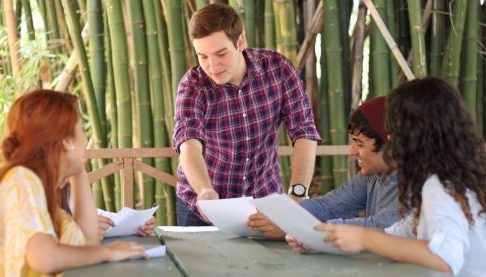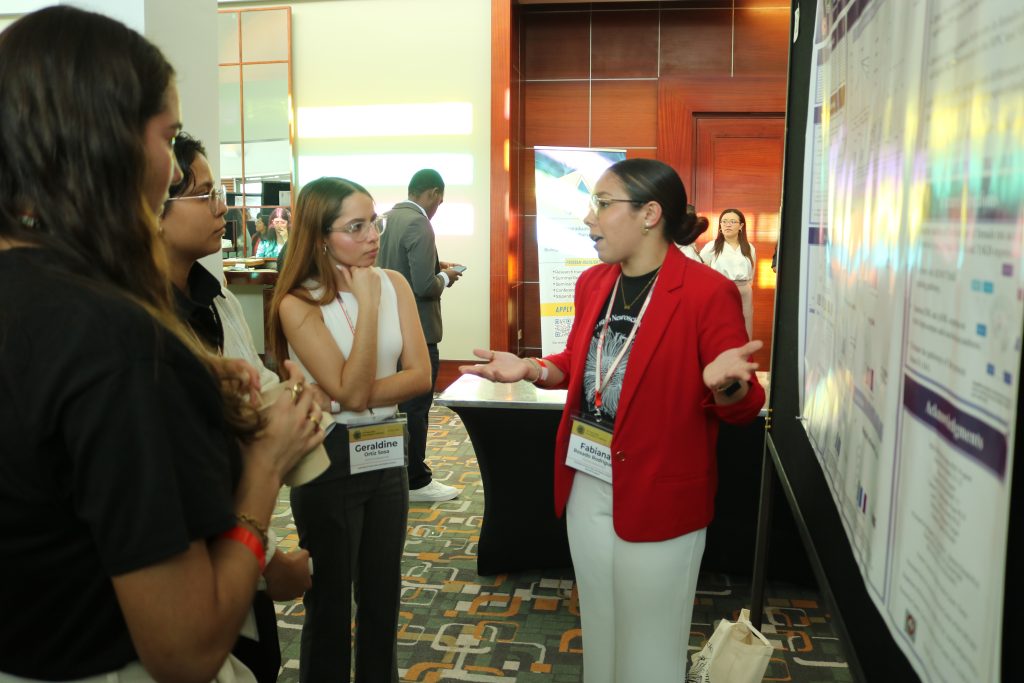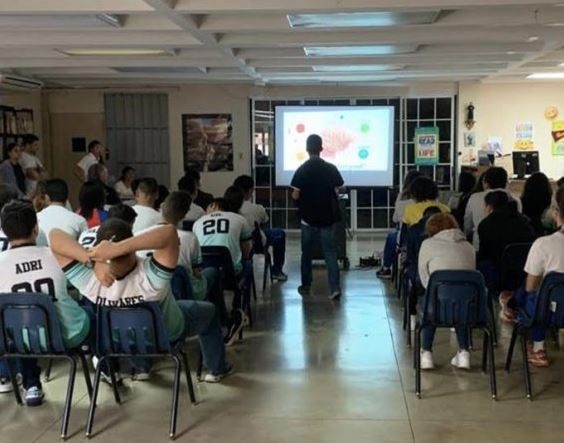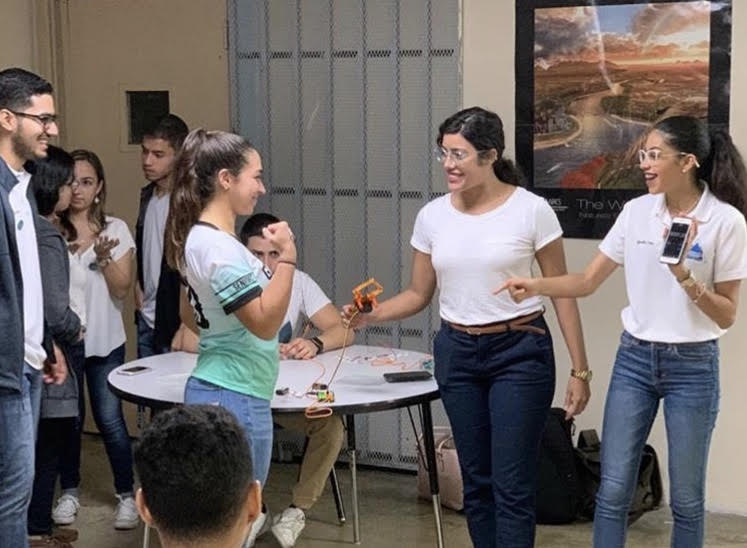About our community outreach
In addition to the academic and research program, students will be required to participate in a series of extracurricular activities to better prepare them for research. Also, there participation will provide them necessary tools to successfully apply for a graduate program, understand the requirements to pursue a biomedical and clinical research career and a better understanding of the relationship between a research career and community service. The latter is a crucial and novel component of this program since it presents the students with the opportunity to use the acquired scientific knowledge for the benefit of his or her community.

The identification of health problems within their community may influence the students’ decision to pursue a biomedical research career in which they may then feel more personally invested.
“A generation that acquires knowledge without ever understanding how that knowledge benefits the community
is a generation that is not learning what it means to be citizens in a democracy.”
Activities
These activities will facilitate the integration of “research-with-purpose” and “student citizen” philosophies to an undergraduate student training research program. The main objectives are: (1) to enhance the understanding of the social impact of science; (2) to stimulate students to transmit the acquired scientific knowledge to the general population; (3) to confront students to unanswered Neuroscience questions relevant to neuronal development, behavioral and neurological diseases, among others in the general population. These activities are:
Transmitting Scientific Knowledge to the Community:
Trainees will be asked to summarize a scientific paper on Neurobiology or neurological disorders in a 300 word paragraph using lay-language in Spanish and English. Trainees will send the summary to Dr. García-Arrarás for evaluation before recording the summary as a podcast. Recorded scientific news will be posted as a podcast file in Radio Casa Pueblo (a radio station in Puerto Rico). Additionally, the essay will be posted on the cienciapr.org website to convey the latest news to the Hispanic community subscribed to these networking tools.
Community Service:
Trainees will work as volunteers with the local Alzheimer’s Disease Association (ADA). In Puerto Rico, the ADA organized an annual activity called “Memory Walk” to commemorate the World’s Alzheimer’s Day. Trainees will prepare a booth to provide information, answer questions and explain to the community how brain functions and basic neurobiology concepts. As alternative, the students could participate on the “Brain Awareness Week” or equivalent community outreach activities that are programmed throughout the year by the Department of Biology. Dr. García-Arrarás will serve as an advisor in preparation for this activity.



Other Activities
- Seminar at a local High School Science Class
- Poster/Seminar at local university campus
- Poster/Seminar about neuroethics issues at local university campus
- Information booth at a public place or institution
Some TSK and CS examples from our students:
- Guided undergraduate students during laboratories visits.
- Explained research projects, laboratories techniques, and scientific tools
- Conducted a workshop, lectures and give research presentations
- Monthly Community Breakfast for Río Piedras
- Present topics on animal models used in neuroscience research to High School students. Create podcasts as part of the Neurobiology of Mental Illness course
- Provid constructive feedback to help students improve their projects in the future.
- Talk to high school students about eating disorders and the importance of good nutrition, increasing awareness, and understanding among participants.
Non-profit Organizations
Asociación Puertorriqueña de Parkinson
Primera Iglesia Bautista de Carolina
Calle Ignacio Arzuaga
Edificio Reverendo Félix Castro Servicios a la Comunidad
Oficina 107
Tel. (787) 768-5565
parkinsonpuertorico2008@yahoo.com
Fundación Puertorriqueña de Parkinson
San Juan Aging Center Rio Piedras, Puerto Rico 00925
Tel. (787) 764-4898
Sociedad Puertorriqueña de Epilepsia
Tel. (787) 782-6200, (787) 782-6464
www.sociedadepilepsiapr.org
Fundación Puertorriqueña Síndrome Down
Tel. 787-283-8210
Email: fprd@coqui.net
www.sindromedown.org
Sociedad Puertorriqueña de Esclerosis Multiple
Tel. (787) 594-9116
sociedadprem@gmail.com
www.facebook.com/group.php?gid=5983334206
Asociación de Alzheimer de Puerto Rico
Tel. (787) 727-4151; (787) 268-6818
Email: alzheimerpr@alzheimerpr.org
www.alzheimerpr.org/
Asociación de Espina Bífida
Tel. (787) 740-0033; (787) 740-6695
Email: espinabifidapr@gmail.com
www.espinabifidapr.com
Asociación de Distrofia Muscular
Tel. (787) 751-4088
www.prmda.org